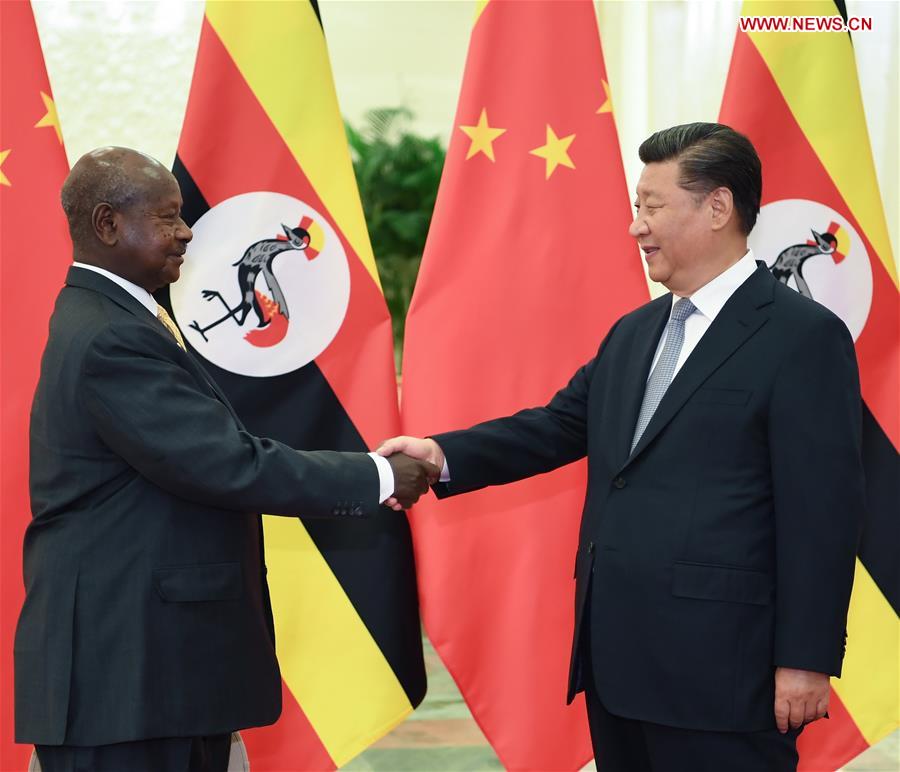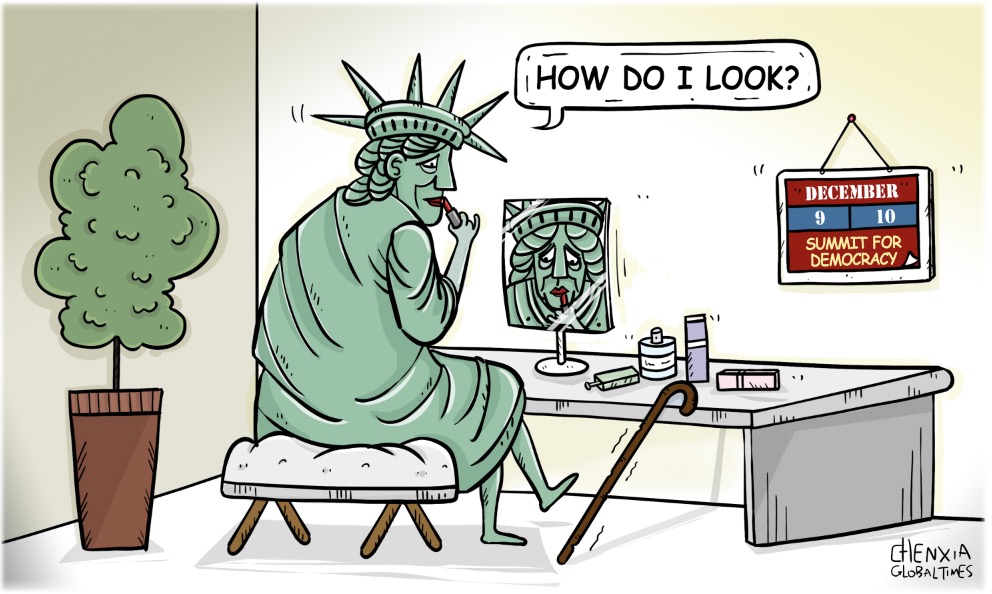The cost of prejudice: Rethinking China

By Nnanda Kizito Sseruwagi
Almost everything I know about China thus far, I have learnt from Western philosophers, academics, politicians and journalists. Many of the ideas that shape how I view China were not read in a Chinese library or university or from Baidu, China’s internet search engine company. They came from Google. They came from American scholars like William Alford, John Mearsheimer and Deborah Brautigam; and politicians like Henry Kissinger. They came from Australian scholars like John Mark Elvin of the famous “High-level equilibrium trap.” I have not yet read a single Chinese scholar, journalist, journal or newspaper. Certainly, I haven’t learnt about China from Chinese people or their media.
Therefore, I never understood why Western embassies in Africa worry about the so-called Chinese misinformation because more than the Chinese, what the majority of African elites know about China has been researched and disseminated by Western thinkers and Western media. That is one of the admirable things about the West. They are probably their own best critiques. Or our world has been so defined by them that all we can know about them, good or bad, is published by themselves.
However, voices that critically and unbiasedly reflect on China in the West are still marginalized. Most elites in developing countries imbibe loads of falsities, misconceptions, prejudices and fake news about China from Western media and official government communication of Western countries.
Whereas it is unfortunate that a people supported morally, diplomatically and financially by China in the developing world could be very uninformed and misinformed about China, I think most of the damage caused by Western prejudice against China is done to citizens in Western countries.
Firstly, the interconnectedness of the world today mostly favours citizens of the more developed global north. So, to be denied a nuanced understanding of the second biggest economy in the world currently is to be denied access to the most important international business relationships. And it is hard to overcome these biases because they are historically formed, politically reinforced and constantly broadcasted in negative media portrayals of China.
Historically, China has been portrayed in Western narratives as a mysterious and threatening place. It beats reasonable comprehension that a people famous for exploration and free inquiry of ideas as the Bazungu could carry such historical baggage of misperceptions and stereotypes into modern times.
The economic success of China has unfortunately also perpetrated the anxiety Western countries have about China. Instead of partnering together, the resentment and suspicion towards China and its people could cost citizens of the Western world much more in the long run.
Needless political tensions between China and Western nations also continue to affect citizens in these countries. They could certainly have obtained more from geopolitical cooperation with China than rivalry. There could be more to gain in trading together than fighting tariff wars. While Western politicians capitalize on these intersubjective prejudices instilled in their people to garner political support, the losers in the end are the very citizens whose fears and ignorance is selfishly exploited.
Humanity currently faces shared challenges. It is neither America’s business nor China’s business. It is our business altogether. At least that is what fighting the COVID-19 pandemic should have taught us. And it is what confronting climate change is increasingly teaching us. It is inevitable to cooperate in this modern world. So, citizens of Western nations had better make it politically expensive for any politician to prejudicially stake their countries’ interests against China because, in the end, it is to their detriment.
Rethinking China does not require us to just form new opinions. It mostly requires humility from the Western world. The humility to know that you may be different from another country, but you’re not necessarily better. That national self-righteousness and indignation towards the “other”- which has predominantly come to be China in international relations needs to end.
Why?
Because the facts speak differently for all of us. We are better off being collectively modest. For example, some researchers in the West have accounted that more than 90% of the total native American population size has decreased over time. Even if this was false, and the truth is that it is less than 50%, that is a genocide of unimaginable proportions. However, the Western world always draws attention to China with accusations of committing genocide against the Uygurs and other minorities in Xinjiang yet the Uygur population rose from 10.17 million to 12.72 million in just eight years between 2010 and 2018. One can’t even ask when was the last time the population of native Americans increased because the answer could be morally disturbing.
So, who is holier-than-thou? Maybe none of us.
All countries deserve to treat each other with honor, if not for our respect for each other, at least out of humility for our own shortfalls.
The writer is a senior research fellow at the Development Watch Centre.
related publications
DWC
Development Watch Centre
Kampala - Uganda
ADDRESS
Plot 212, RTG Plaza,3rd Floor, Office Number C7 - Hoima Road, Rubaga
CONTACT
+256 703 380252
info@dwcug.org


